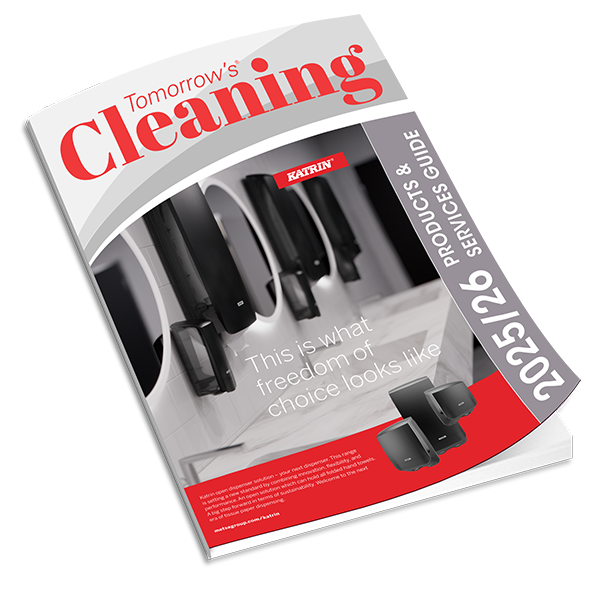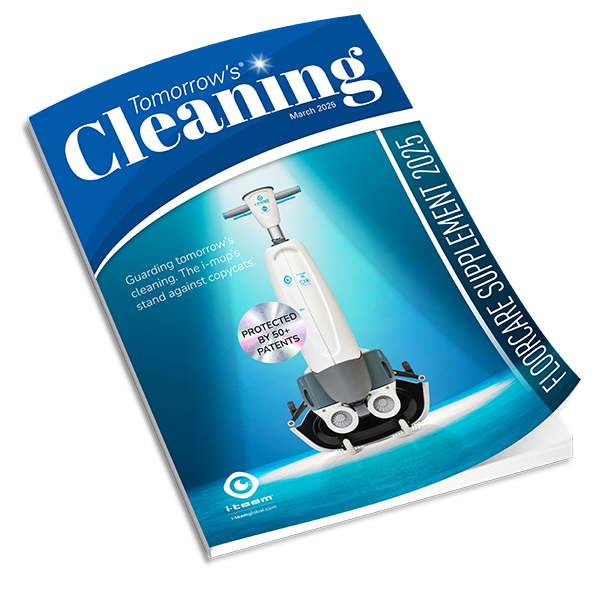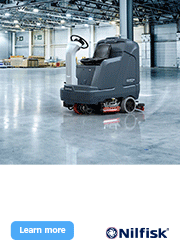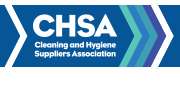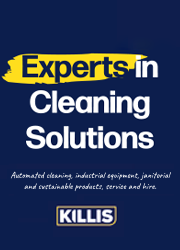Delia Cannings, Chair of the British Cleaning Council (BCC), explains how businesses are adapting to a ‘perfect storm of staff shortages’.
In my last column, I wrote about our latest research report – the document we release annually which gives a detailed survey of the current condition of the cleaning, hygiene and waste sector.
One area covered extensively in the report deserves greater discussion – the recruitment crisis currently facing the sector. The research describes how the industry as a whole is facing what it calls a ‘perfect storm of severe staff shortages’.
As the report points out, the industry continues to struggle to replace staff who left the sector in the wake of the pandemic and Brexit, including staff who switched to new roles outside the industry and employees originally from overseas who left the country.
Staff shortages are, of course, a national phenomenon. Last year, UK job vacancy rates remained at historically high levels compared to before the COVID-19 pandemic. The report highlights one set of figures for online job adverts for domestic help, showing vacancy rates immediately after the pandemic at times running at double pre-pandemic levels.
Similar trends could be seen across catering and hospitality, wholesale and retail, and the construction sectors. Employers in the cleaning sector are having to adapt to a rapidly changing workforce if they are to win this frantic battle for workers. Existing staff are often having to work tirelessly to fill gaps and maintain standards, which begs the question of how employers can support them.
With one in four people in the UK experiencing a mental health problem at some point, it is essential that employers promote and support employee wellbeing. Workplaces which help people to flourish and reach their potential benefit employees and the business, helping to attract and retain staff.
Support measures such as occupational health services or employee assistance programmes must be put in place, and line managers be given the guidance they need to support their teams, have sensitive conversations and signpost expert help when needed.
Other measures help, such as encouraging staff to have a good work-life balance, making it clear they should not come into work if they are ill and line managers taking the time to listen to what their colleagues have to say.
Wages are also key to attracting and retaining staff, and the BCC urges sector businesses to commit to paying a real Living Wage to all their staff. The sector’s professional, skilled staff have a crucial, frontline role keeping people safe, well and healthy, and they contribute to the nation’s health and wealth. They deserve to be paid accordingly. Our industry is worth nearly £60bn, and pay rates should reflect this huge contribution to the economy.
Supporting in-work progression is another key way to attract and recruit staff, by investing in training and development, and providing pathways to promotion. In this sphere, the industry really has something to shout about. The opportunities for progression for cleaning and hygiene staff are huge, with employees often able to move very quickly from entry level roles into supervisory/managerial roles.
I think the longer-term solution to the industry’s staffing issues is to formalise, improve and promote the industry’s offer in terms of career progression in order to attract the brightest and best new joiners. The launch of the Level 2 Cleaning Hygiene Operative Apprenticeship and the Chartered Practitioners Register were both important steps in that process.
We are currently discussing with our members proposals for an exciting project which will help address the lack of educational structure in terms of pathways for staff progression in the sector. Watch out for news of that in the coming year.
Free digital copies of the BCC’s 2024 Research Report are available by emailingcompsec@britishcleaningcouncil.org.














